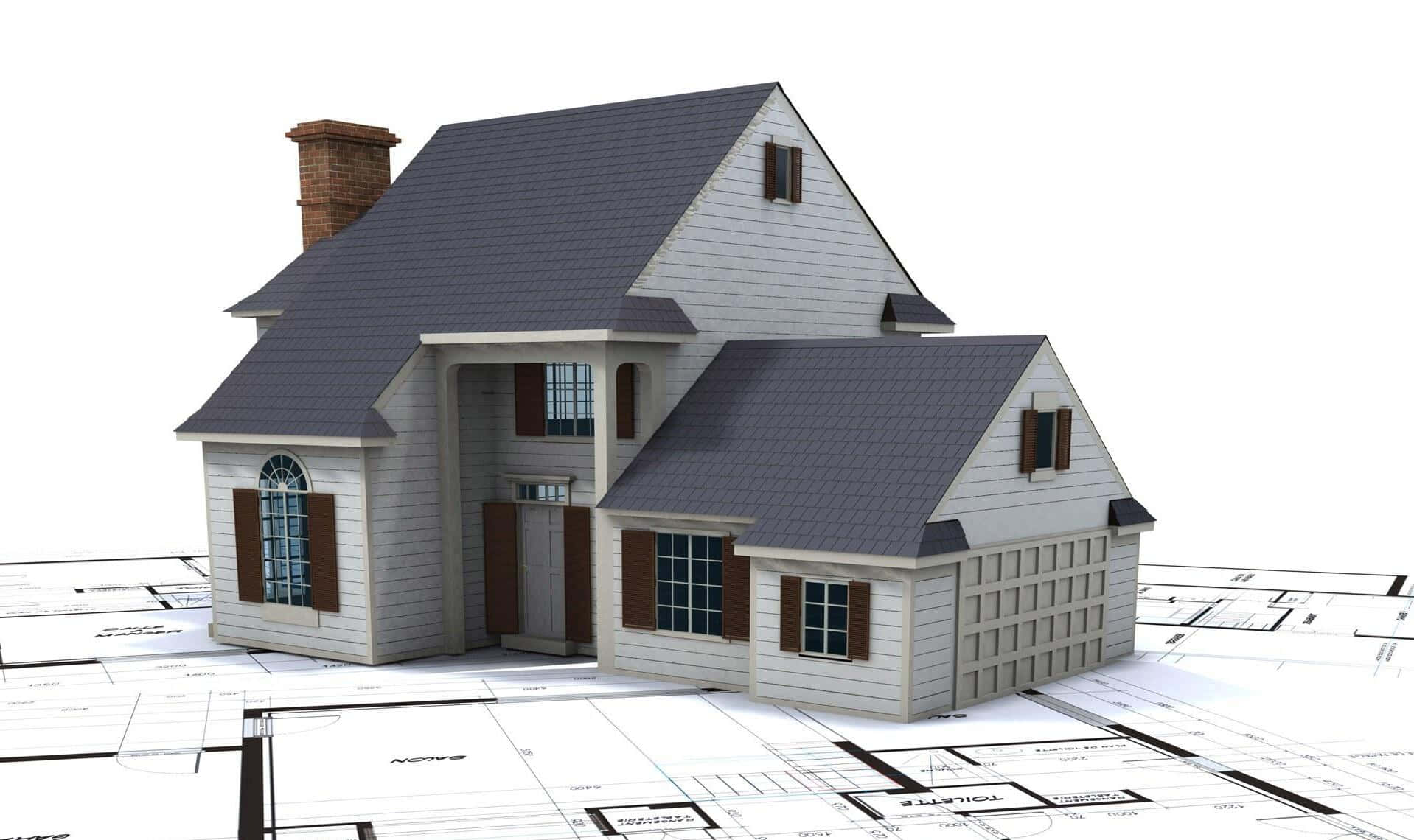What to Consider When Choosing The Next Residence
Choosing your future home is among the most significant decisions you are going to make in your lifetime. With so many options in the real estate market, it can be daunting to manage the various factors that impact your choice. From site and dimensions to amenities and market value down the line, there are essential elements to consider to make sure that you are well-informed in your choice.
As you start this process, it's vital to dedicate time to assess your requirements and preferences. Understanding what is important to you and your family can streamline the process and lead you to the ideal house that matches your lifestyle. Regardless of whether you are a new homebuyer or looking to upgrade, understanding what to search for when buying a house will set you on the path to discovering a home that you will treasure for a long time.
Location and Neighborhood
A site of a home is one of the critical factors in the buying process. It can greatly affect your way of life, traveling duration, and property value. Consider the proximity to your job, schools, healthcare facilities, and essential services like grocery stores and green spaces. A home that minimizes your daily commute can lead to a better work life balance, while easy reach to essential services can enhance your living experience.

The neighborhood itself plays a vital role in defining your living situation. Research the safety and security of the region by looking at crime rates and community feedback. Additionally, consider the demographic makeup of the neighborhood and whether it aligns with your way of life and values. Some may prefer a more tranquil suburban environment, while others might flourish in a lively urban setting rich in artistic activities and entertainment.
Community features can also be a important selling factor. Look for neighborhoods that offer recreational areas, recreational facilities, and public spaces. Access to public transit and the presence of good educational institutions can also enhance value to your home and contribute to a lively local spirit. Choosing a location that suits your way of life and preferences will ensure that you feel at ease and happy in your new home.
Budget
One of the essential factors to consider when buying a house is your budget. It is essential to have a clear understanding of how much you can afford before you start looking for properties. This includes not just the purchase price but also extra costs such as property taxes, insurance, maintenance, and utilities. Creating a comprehensive budget helps to ensure that you do not stretch your finances too thin and can comfortably manage monthly payments.
Financing options are quite diverse, so it is advantageous to explore different mortgage types and lenders. Fixed-rate mortgages offer consistency with set payments over time, while adjustable-rate mortgages may start lower but can increase significantly. Speak to real estate insights or mortgage broker to assess which option is most suitable with your financial situation and long-term goals. Getting pre-approved for a mortgage can also give you a better idea of your price range and show sellers that you are a motivated buyer.
Lastly, do not forget to account for unexpected expenses that might arise during the home buying experience. Home inspections, closing costs, and potential repairs can accumulate rapidly. Being financially prepared helps you avoid unexpected surprises down the line. Ultimately, a well-planned budget and informed financing decisions will empower you to make a informed choice in your next home purchase.
Property Features and Condition
As you choosing your next home, reflect on the real estate features that fulfill your requirements and lifestyle. Reflect on the dimensions of the space, number of bedrooms and bathrooms, and layout that would most suit your household dynamics. Exterior area, including yard or a deck, can significantly enhance your quality of life, especially if you appreciate entertaining or landscaping. Make a list of essential elements compared to additional features to aid streamline your home-hunting process and help you focused on what truly matters.
The state of the property is just as important to assess before finalizing a decision. Look for indicators of wear and tear, which may point to the requirement for repairs or renovations. Examine key aspects such as the roof, pipes, and foundation, as these are often costly to fix and can affect your long-term financial commitment in the property. Devoting the time to perform a comprehensive review can protect you from unexpected expenses in the long run.
Additionally, think about the energy efficiency and overall sustainability of the home. Aspects like updated thermal insulation, energy-efficient glazing, and modern HVAC or air conditioning can greatly influence your energy costs and level of comfort. Properties built with sustainable materials or those that have been upgraded to comply with modern environmental guidelines may provide long-term benefits and reflect your values regarding energy use and eco-conscious responsibility.